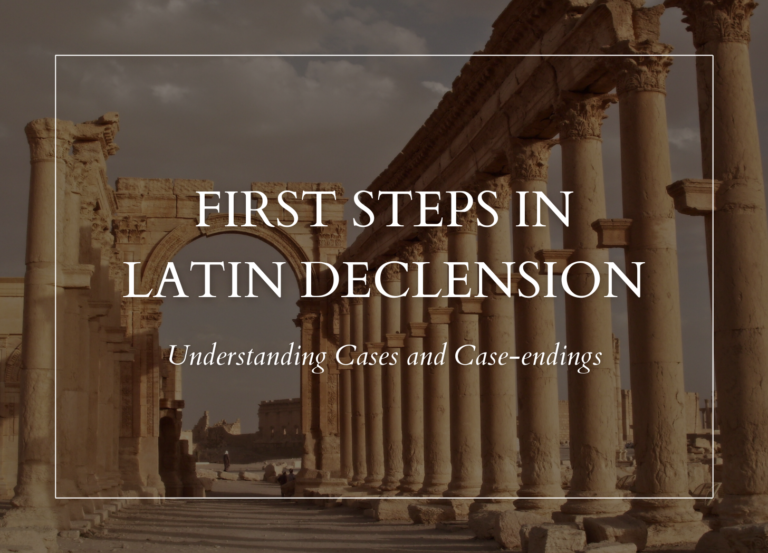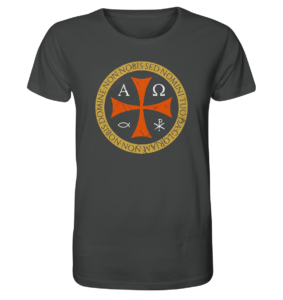Why is it that a subject as fascinating as Antiquity, with its historical, poetic and philosophical richness, which easily captivates millions of people when, for example, it is brought to the big screen, loses its magic and splendor when treated through academic study?
I believe that the problem with the academic study of the ancient world is the persistent and urgent need for criticism. All “critical” analysis begins with the assumption that the ancients were wrong.
The act of criticism cannot afford to take seriously anything the ancients have said. It is a modern thing, they say, a scientific quality, to distance oneself from the phenomenon under study. Whether it is a question of history or philosophy, the veil of suspicion always hangs over the ancient authors when examined by the modern critic. The ideas of the past appear to be surpassed already before the beginning of the analysis—dead, like bodies before the forensic doctor.
Suspicion immediately turns to rejection as soon as ethical attitudes, in our modern eyes, are found to be questionable. It is then the task of the critic not only to demonstrate, with his scientific rigor, the immorality of the old and retrograde vision, but also to exalt the progress achieved since then thanks to a higher consciousness, to a better technology, to criticism itself.
How much gratuitous morality the distance with the ancients bestows on us!
The ancients perhaps and occasionally got something right—but that is only confirmed by us moderns, who, thanks to our superior perspective, can “truly” determine the validity (always provisional, of course, pending the next modern critique) of any given proposition.
With this scathing, insincere skepticism, modern critics of ancient texts always go on the attack against their intellectual enemy: the past. Their research no longer stems from a genuine, spontaneous desire to find the truth but from the need to prove to themselves—and, more importantly, to their colleagues, tutors, and professors—that they too can uncover, reprimand, and correct the errors of the past. Or rather, the horrors of the past! Horrors that only the grace of our critical lens could ever forgive.
How many “scientific” articles in the humanities have been written out of this evil spirit of criticism? How many works of antiquity have been unjustly punished by our pure conscience, ever purer with the passing of time? For, otherwise, what would be the point of talking about any work of the past if it were already accurate, real, relevant, imitable or true?
To admit the wisdom of the ancients would be to concede the failure of modernity.

















